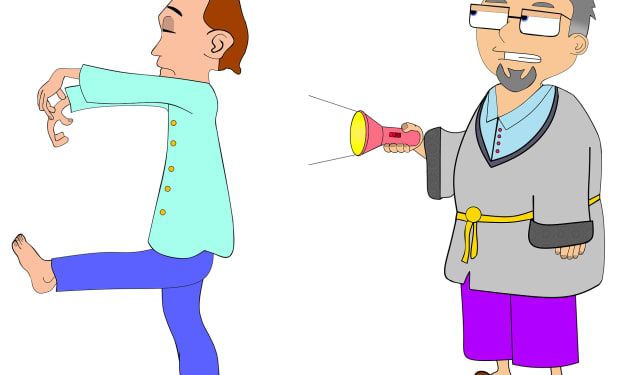
A victim of emotional abuse may experience depression and anxiety for years or even decades after the abuse has ended. Emotional abuse generally entails one person exerting control over another by undermining their sense of self-worth and personal agency. However, both inside and outside of the abusive relationship, emotionally abusive behaviors can be covert and challenging to spot. That's in part because emotional abuse frequently results in power imbalances between people, particularly in relationships where safety, care, and trust are meant to be guaranteed, such as those between intimate partners or caregivers and children, medical professionals and patients, teachers and students, or caregivers and caregivers. Because it frequently causes people to doubt their perceptions of their own treatment, it is particularly pernicious.
In order to make these behaviors and patterns easier to recognize in real life, let's go over some of the most typical signs of emotional abuse. First, consider the content of someone's words: emotional abuse is indicated by criticism that is unwarranted, excessively harsh or personal, or that makes broad generalizations or irrational predictions about the future. You never do anything right," "You always make such stupid decisions," and "Nobody else will ever love you" are all unjustified statements that should never be used in a constructive manner. Anyone who uses them should be taken seriously. Second, tone and nonverbal cues: yelling, ignoring, and displaying disdain through body language are all examples of how to degrade someone. The silent treatment—also known as eye rolling, glaring, or refusing to make eye contact—along with other dismissive behaviors like these can all be components of emotional abuse patterns.
The meaning of spoken statements that might otherwise seem benign can be painfully altered by these behaviors. It's common for abusers to try to undermine their target's perceptions of events; this is sometimes referred to as "gaslighting." How someone responds to being told they've said or done something hurtful can give important insight: do they apologize sincerely and act differently in the future, or do they dismiss and minimize the pain they've caused. This behavior includes saying things like "I'm just trying to help you improve yourself—you should be grateful" or "It's really you that's selfish and manipulative—you're hurting me" after making derogatory, humiliating, or threatening remarks. Last but not least, when someone demonstrates any of these behaviors toward you, consider whether it represents a trend in that person's behavior.
Even though repeated name-calling or other humiliating behavior over time can have a much more serious effect than a single incident, it may not constitute emotional abuse. The severity of the abuse can be influenced by both frequency, the number of times these behaviors happen in a given period of time, and duration, or how long they last, whether for days or years. It's crucial to keep in mind that abusers rarely act abusively all the time; instead, moments of kindness or composure are a necessary component of the cycle of emotional manipulation rather than negating instances of abuse. Maintaining interpersonal connections with people other than the abuser is crucial because abusers frequently attempt to isolate their targets from those close to them. So what can you do if you believe that you or someone you care about is experiencing emotional abuse? Consider talking to a trusted friend or relative about your experiences if you believe you may be the victim of emotional abuse to get support from the outside. Or you can look for local or national private advocacy groups that can recommend useful sources.
Additionally, check in with the person you believe is being subjected to emotional abuse. Tell them you're thinking of them and that you're willing to listen whenever they want to share. While emotional abusers may persuade victims that they are deserving of unfair treatment, this is untrue; everyone is deserving of respect and kindness.
About the Creator
Enjoyed the story? Support the Creator.
Subscribe for free to receive all their stories in your feed. You could also pledge your support or give them a one-off tip, letting them know you appreciate their work.






Comments
There are no comments for this story
Be the first to respond and start the conversation.